

Women’s Women’s Bodily Bodily
Autonomy Autonomy Autonomy

zine by: Madison Harvell
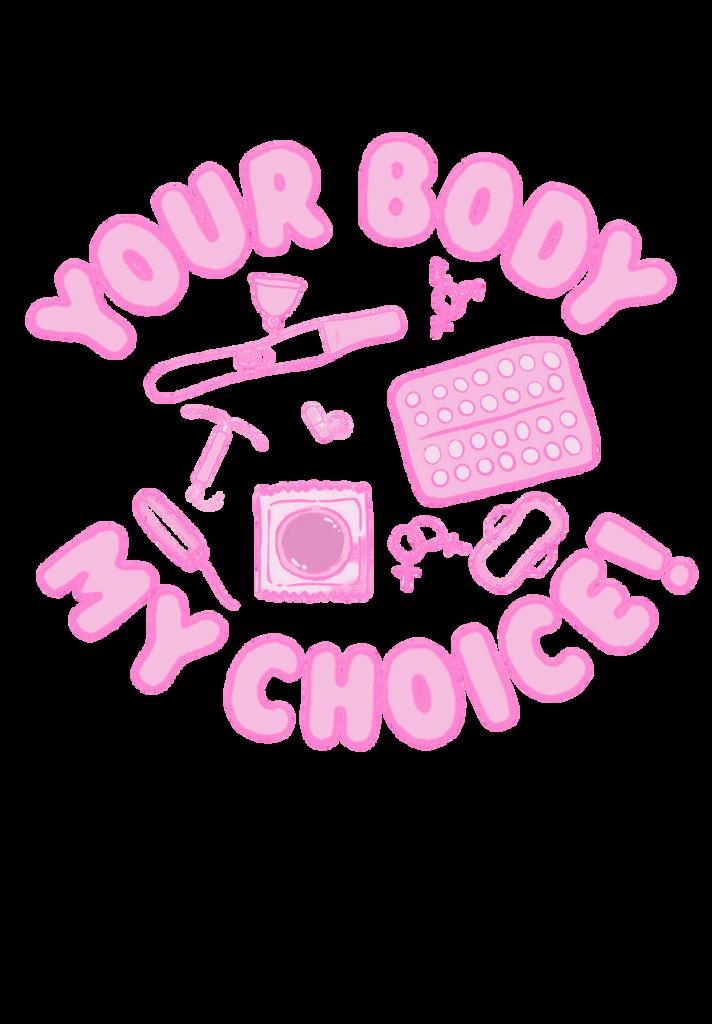
page 3: page 3:

Table of Contents Table of Contents
“Not that Bad”” Selected Excerpts

page 4: page 4:
page 5: page 5:
page 6: page 6: page 7: page 7: page 8: page 8:
page 9: page 9:
Feeling Controlled? Movie Recommendations
Trans Reproductive Care
Your Body is a Battleground, Reimagined
FGM: An Overview
FGM: Expanding Our Analysis
Rape Myths: An Overview









BAD? BAD? MANY MANY MOREBEFORE











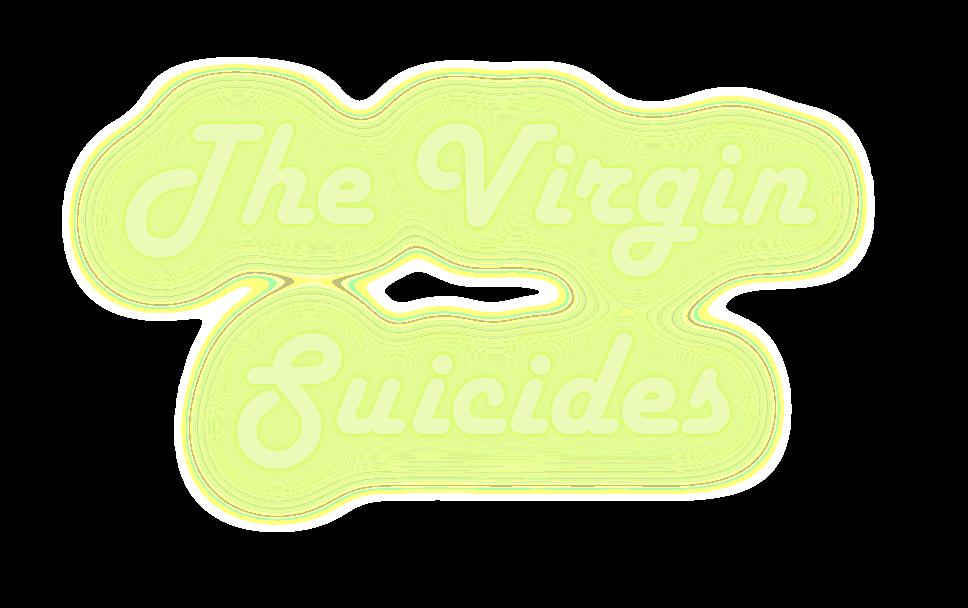


Trans Trans Trans Reproductive Reproductive Reproductive Care Care Care Trans Trans Trans Reproductive Reproductive Reproductive Care Care Care
In a study of trans Australian adults including trans women, trans men, and gender non-conforming individuals who were assigned female at birth, 1 in 4 trans people reported feeling “uncomfortable” or “ very uncomfortable” with talking about sexual health with their provider. Many mentioned fear of being judged, and fear of or past experiences with judgement, misunderstanding, or ill-informed doctors as a barrier to seeking reproductive and sexual healthcare. 12.7% reported their health as poor compared to the general population. They also experienced increased risk for sexually transmitted infections and blood-borne illnesses, with trans women at a 49x higher risk for HIV than the general population. These risk factors indicate that there is a heightened need for trans-informed and affirming healthcare. Of those surveyed, here were some takeaways in how reproductive and sexual healthcare can be improved for these populations:
Healthcare providers being knowledgeable about the LGBT community, including sexuality and gender dysphoria.
Providers explicitly publishing they are queer affirming or an ally within their physical location or online.
Queer providers who are part of the community themselves.
Initiating screenings and conversations so patients do not have to do so themselves.
It is important to note that although not all of the individuals in this survey identified themselves as women, we should be aware that improving healthcare conditions for trans and gender non-conforming individuals will push improvements in all aspects of healthcare. When we improve conditions for the most vulnerable and marginalized, everyone can benefit (Riggs, 2022).
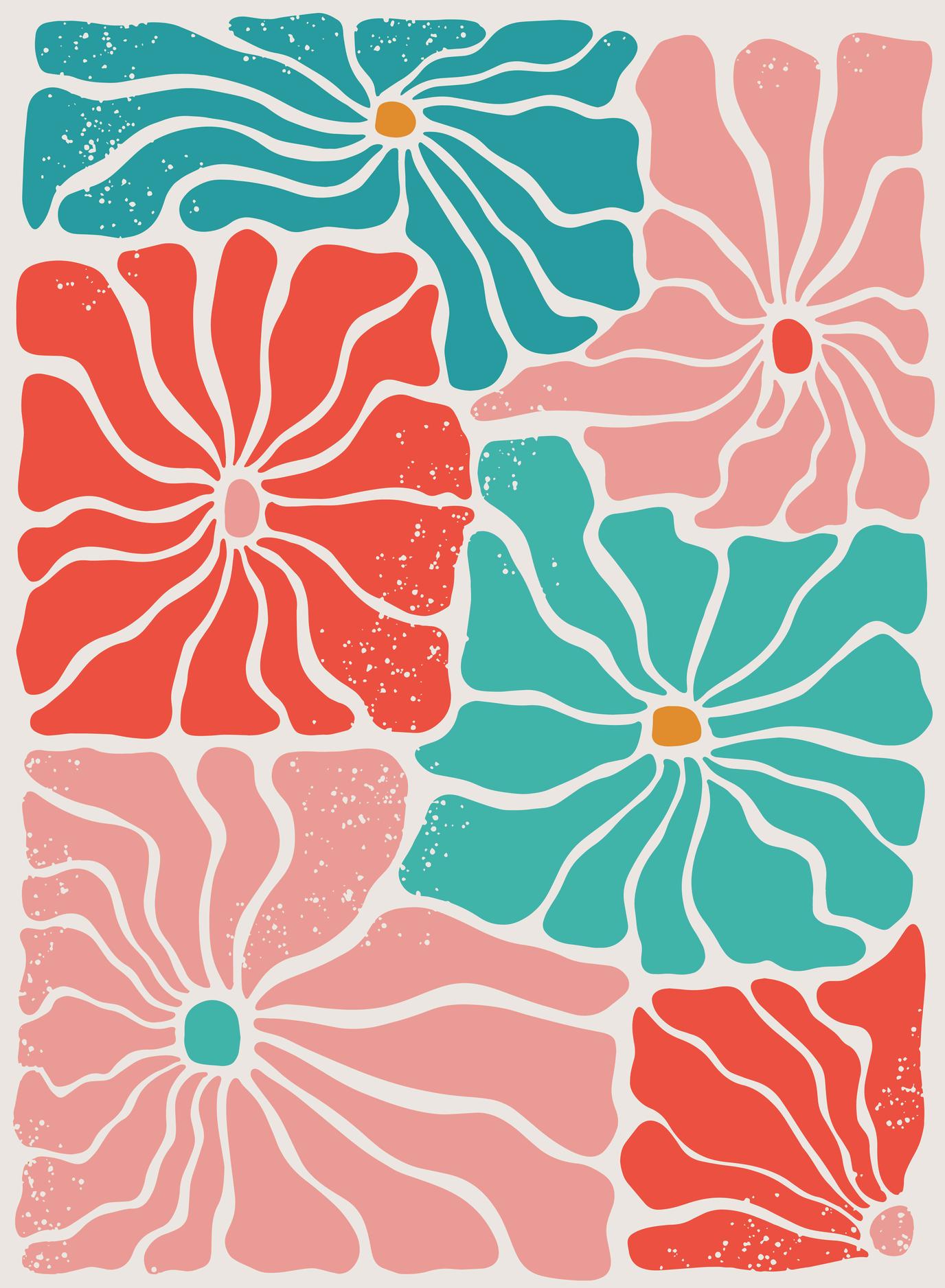


KNOW? DIDYOU
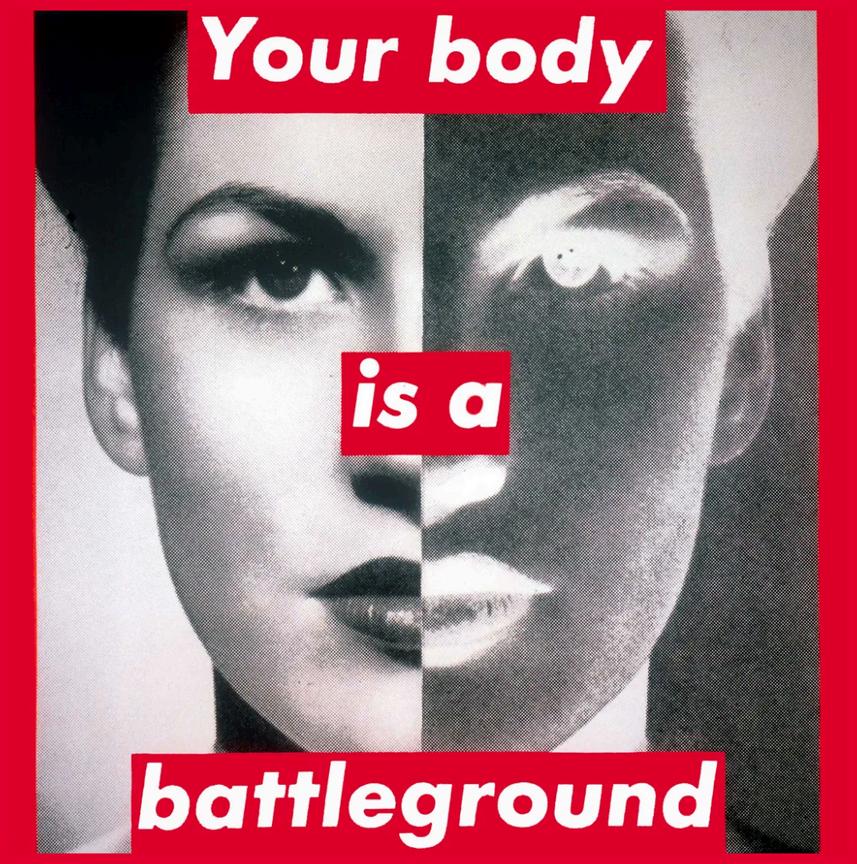
TRANS HEALTHCARE IS HEALTHCARE
TRANS HEALTHCARE IS HEALTHCARE
TRANS HEEALTHCAR IS HEALTHCARE
TRANS HEALTHCARE IS HEALTHCARE
TRANS HEALTHCARE IS HEALTHCARE
TRANS HEALTHCARE IS HEALTHCARE
TRANS HEALTHCARE IS HEALTHCARE
TRANS HEALTHCARE IS HEALTHCARE
TRANS HEALTHCARE IS HEALTHCARE
TRANS HEALTHCARE IS HEALTHCARE
TRANS HEALTHCARE IS HEALTHCARE
FemaleGenital Mutilation
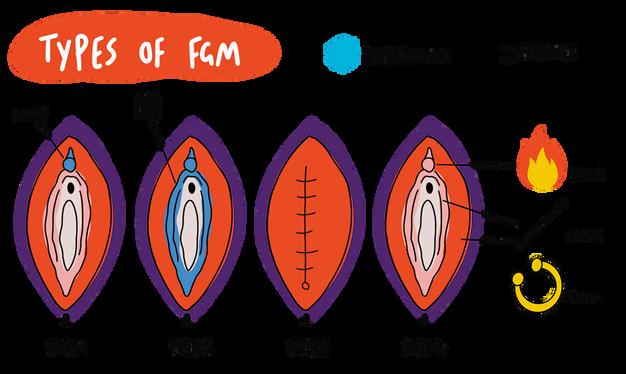
Type 2: Type 2: Type 2: Type 1: Type 1: Type 1:
TOTAL OR PARTIAL REMOVAL OF THE CLITORIS.
CULTURAL RITE OF PASSAGE TO MAINTAIN SEXUAL PURITY INCREASE PLEASURE FOR THE MALE PARTNER PRESERVATION OF FERTILITY IMPROVED HYGIENE Why is it Why is it Why is it practiced? practiced? practiced?
TOTAL OR PARTIAL REMOVAL OF THE CLITORIS AND THE LABIA MAJORA.
Type 3: Type 3: Type 3:
MAKING THE VAGINAL OPENING SMALLER BY REPOSITIONING THE LABIA MINORA OR MAJORA; WITH OR WITHOUT REMOVAL OF THE CLITORIS.
Type 4: Type 4: Type 4:
OTHER HARMFUL PRACTICES TOWARDS FEMALE GENITALIA FOR NON-THERAPEUTIC REASONS, SUCH AS PIERCING, PRICKING, OR SCARIFICATION.
Sexual Health Outcomes:
Desire, Arousal, Lubrication, Orgasm, and Satisfaction
Desire, Arousal, Lubrication, Orgasm, and Satisfaction
Desire, Arousal, Lubrication, Orgasm, and Satisfaction

Women who had not experienced FGM scored better in desire, arousal, lubrication, orgasm, and satisfaction than those who had experienced FGM.
Outcomes for Types I and II were generally better than Type III.
Pain Pain Pain
Women without FGM experienced less pain during sex than those with FGM.
Experiences of pain were ranked in terms of type, with Type I recipients reporting the least pain of those with FGM, and Type III reporting the most
In Total In Total In Total
Women without FGM had overall better outcomes than those with FGM.
Generally speaking, outcomes were better for individuals who experienced Type I or II compared to Type III
Little data was available from this study on the outcomes of Type IV, which is a less common type.

(Nzinga 2021)
Expanding Analysis: Male and Intersex Experiences
Although FGM is currently the West’s boogeyman when it comes to issues of bodily autonomy, few are examining similar practices frequently carried out through infant intersex surgeries and male circumcision. Dr. Yasmin Bootwala, a practicing urologist with experience in FGM, notes that all three are deeply rooted in social norms and often justified through religious or cultural practices; but the West has treated FGM with zero tolerance policies, compared to the widespread acceptance of other similar practices. Bootwala notes that this could be due to a push from the conservative right, with potential Islamophobic motives; pointing out colonialist undertones to many anti-FGM messages, such as “saving” Muslim women. She points out that this sentiment is common in multiple avenues of Western conversation, such as the media, politicians, and even women ’ s rights activists, but this leaves out the most important people in the conversation themselves, the Muslim women and others subjected to FGM. Although Bootwala herself does not offer personal thoughts as to the rightness or wrongness of any of these practices, it is important to acknowledge both the cultural factors contributing to the conversation around them, as well as the fact that these issues relating to intersex individuals and men are ignored in our conversations surrounding body alterations in infancy and early childhood (Bootwala 2023)
MYTHS: MYTHS: RAPE RAPE
What even are “rape myths?”
Rape myths are widespread beliefs about rape that serve several functions, including:
To provide a cognitive framework that allows people to interpret rape cases in a prejudiced way without consequence
To allow women to cope psychologically with the threat of rape by psychologically distancing themselves from the victim
To allow men to justify and or rationalize their own tendencies for sexual aggression and violence
Prevalence of
false accusations + women lie out of selfish motives: about
“Women often accuse prominent men of rape in order to further their own career ”
“Some women really enjoy playing the victim of rape ”


Antagonism
towards victims’ demands
“These days, the victims of sexual violence receive sufficient help.”
Acceptance of these rape myths also correlates with common right-wing authoritarian ideas such as sexrole stereotyping, social dominance orientation, and justification of social inequality (Hovarth and Brown 2023).

Stereotypes
sexual aggression and women’s behavior
“In the event of an actual rape, a woman always resists ”
“Many women like to submit to the sexual wishes of men. ”
Men must always be on guard so as not to be accused of sexual harassment ”
Lack of support for anti-violence policies
“Because the fascination caused by sex is disproportionately large, society’s sensitivity to crimes in this area is also disproportionate ”
Works Cited Works Cited
Bootwala, Yasmin “Commentary on ‘From the War on Terror to the Moral Crusade Against Female Genital Mutilation: Anti-Muslim Racism and Femonationalism in the United States.’” Violence against Women, vol. 29, no. 10, 2023, pp. 1937–43, https://doi.org/10.1177/10778012231168637.
Gay, Roxane. Not That Bad : Dispatches from Rape Culture. First edition., Harper, an imprint of HarperCollins Publishers, 2018 “
Harvell, Madison. “Your Body, My Choice!” 2024, Self-Published.
Horvath, Miranda, and Jennifer Brown. “Modern Myths About Sexual Aggression: New Methods and Findings.” Rape : Challenging Contemporary Thinking- 10 Years On Second edition , Routledge, 2023
Immaculate. Directed by Michael Mohan, performance by Sydney Sweeney, Neon, 2024.
Kruger, Barbara. “Untitled (Your Body is a Battleground).” 1989, The Broad, Los Angeles, https://www thebroad org/art/barbara-kruger/untitled-your-bodybattleground.
Nzinga, Andy-Muller, et al. “Consequences of Female Genital Mutilation on Women’s Sexual Health – Systematic Review and Meta-Analysis.” Journal of Sexual Medicine, vol. 18, no. 4, 2021, pp. 750–60, https://doi org/10 1016/j jsxm 2021 01 173
The Virgin Suicides. Directed by Sofia Coppola, performances by Kirsten Dunst, A.J. Cook, and Leslie Hayman, Paramount Classics, 1999.
What Is FGM?” 42nd Street | What Is FGM? |, www 42ndstreet org uk/support/read/what-is-fgm/ Accessed 14 Dec 2024


